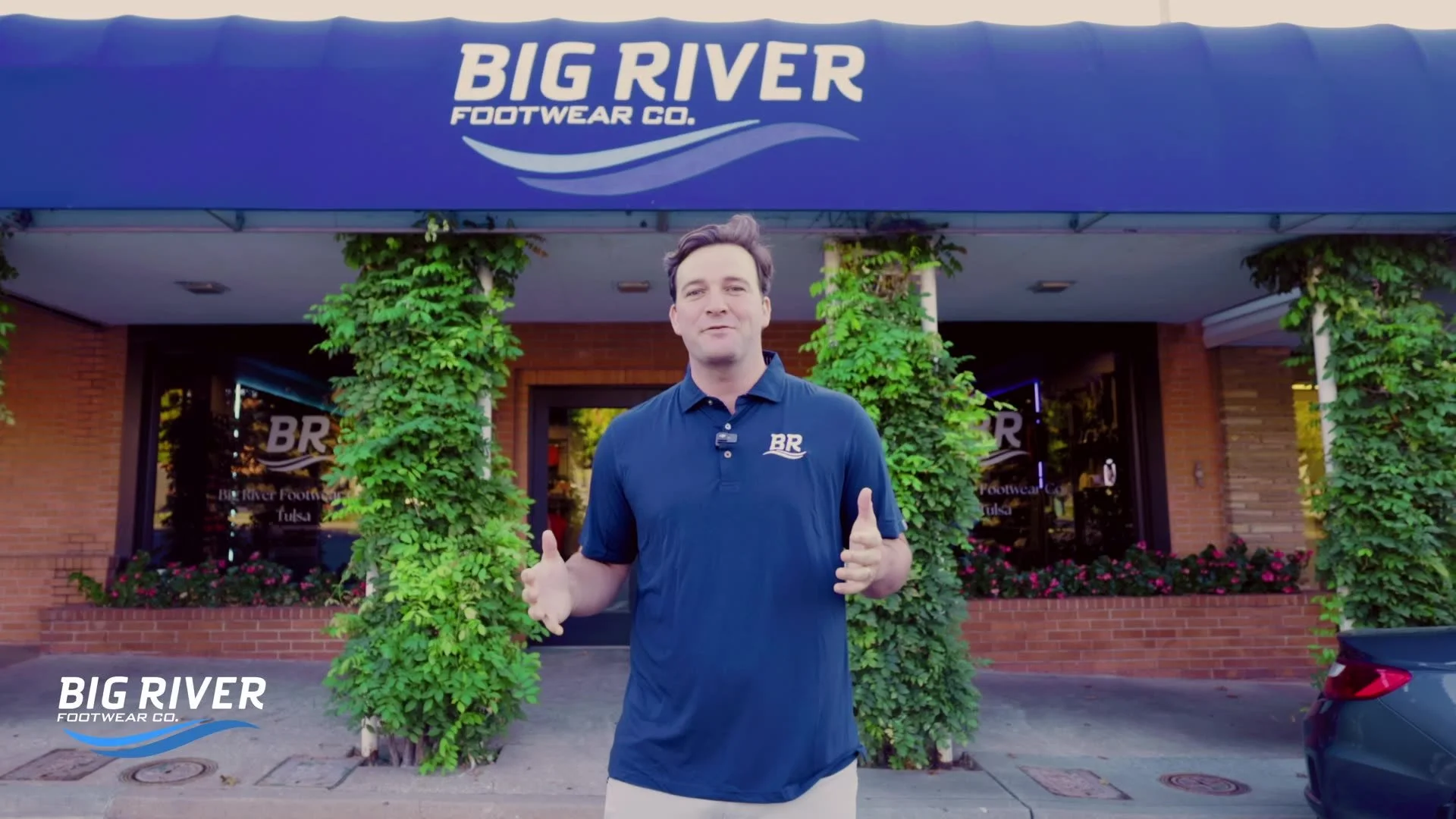Retailers: Stop Selling and Start Branding If You Want to Stay Relevant
As a retailer, you’ve probably wondered about the difference between selling vs. branding. Over the years, this has been one of the biggest questions we hear from business owners.
Here’s the truth: If you want to become the go-to staple in your community and beat out competitors — or even the national brands you carry — you need to focus more on branding than selling.
In this article, we’ll walk through 3 practical tips to help you stop pushing sales and start building a brand people trust and remember.
TL;DR — Branding vs. Selling in Retail
Become the most trusted source by answering customer questions.
Position yourself as the “king or queen” of your town through video.
Double down on 3–5 core messaging topics that drive your revenue.
Strategy #1: Become the Most Trusted Source in Your Community
How can retailers build trust fast?
By answering the questions customers are already asking every day.
We recommend writing down the top 50 questions you hear about your business — things like product details, pricing, services, problems you solve, or even basic “where are you located” questions. Then, create simple 60–90 second videos answering them.
Run these videos in a 10-mile radius around your town, and people will quickly begin to recognize your business as the trusted source.
A client during a video production shoot.
Pro Tips:
Invest in a good DJI or Rode mic for crisp audio (you can still film right on your phone).
Script out your answers. One easy hack: record yourself answering naturally, then run that transcript through ChatGPT to turn it into a polished 30-second script.
The takeaway: Very few retailers are creating this kind of authentic, question-based content. If you do, you’ll stand out in your market. Aim for at least 25 finished videos to start.
Strategy #2: Become the King or Queen of Your Town
Why does local branding matter more than selling?
Because in every community, people naturally look for a leader — the go-to business everyone knows. If you didn’t immediately think of yourself when asked, “Who’s the king or queen of retail in town?” then it’s time to change that.
The easiest way: video. Post consistently on Facebook and Instagram, and think of your business like its own media company — almost like running your own TV channel for your community.
Client during a on-site production shoot.
This doesn’t always have to be the owner — it could be a team member. What matters is showing a personal face for your business.
The takeaway: If you consistently show up on video in your community, people will associate your name (or your employee’s) as the go-to face of retail expertise.
Strategy #3: Develop Core Messaging Around 3–5 Key Topics
What should your brand focus on in content?
Pick 3–5 core topics and go deep. Don’t spread yourself too thin.
Example 1: Jewelry Store
If your core audience is the 20–35 engagement ring shopper, build 10–20 videos all about engagement rings:
How to pick the right diamond
Ring styles explained
Budgeting for an engagement ring
Differences between settings
Run those ads locally to your demographic — and keep them running long-term.
Example 2: Shoe Store
If you sell athletic shoes, make 10–15 videos comparing brands like Brooks, Hoka, and others. People are already searching for “Brooks vs. Hoka running shoes” online. Be the store that answers that question in your local market.
Jewelry client production shoot
The takeaway: Build content around the categories that drive revenue. Three to five focus areas are plenty. Depth beats width.
Conclusion: Why Branding Beats Selling
If you want to stay relevant in retail today, you can’t just push promotions and sales — you need to brand your business through video, trust, and focused messaging.
These three strategies will help you:
Become the most trusted source in your community
Position yourself as the king or queen of your local space
Create deep, lasting content around the key segments that drive your revenue
Video is your best friend when it comes to branding. Use it well, and you’ll not only stay relevant but also dominate your market.


